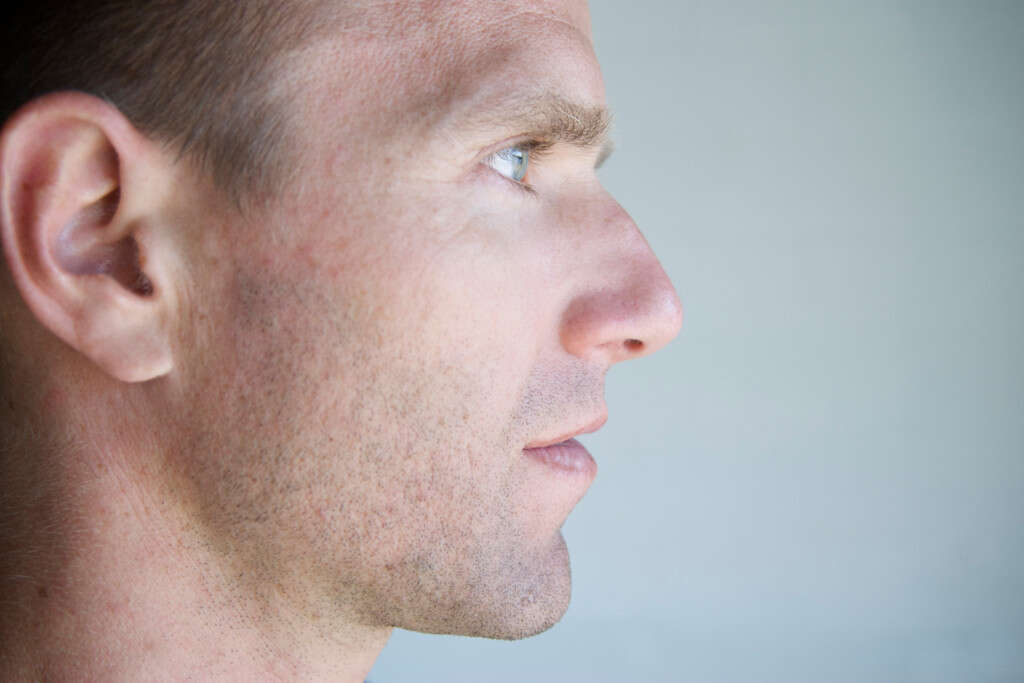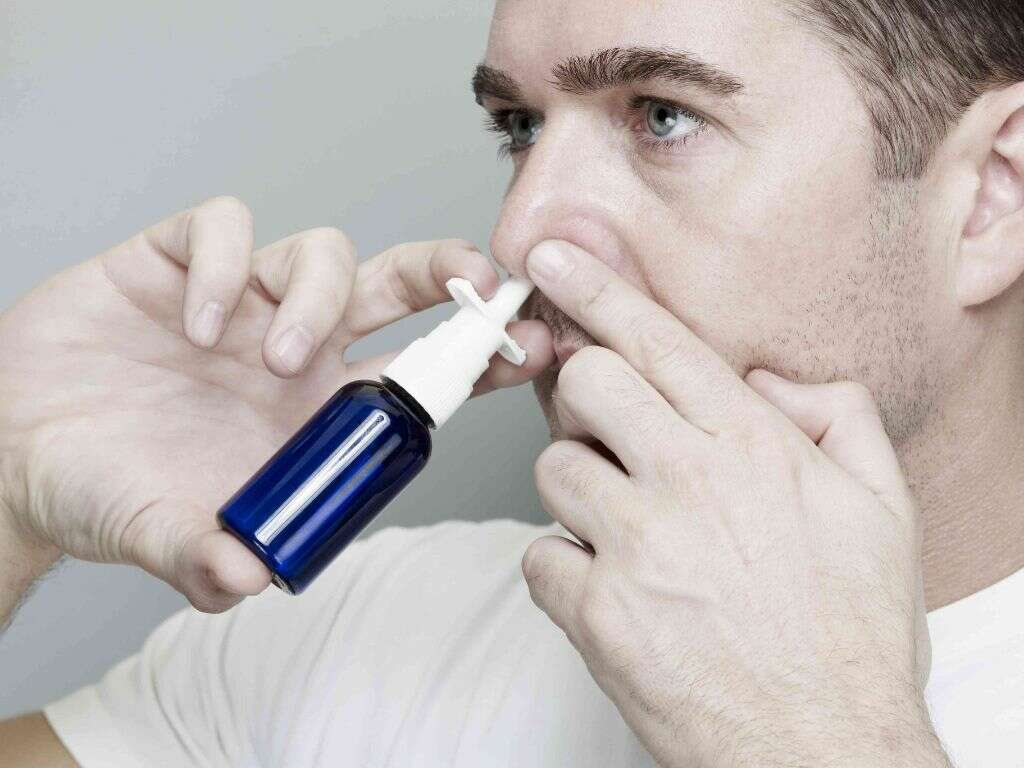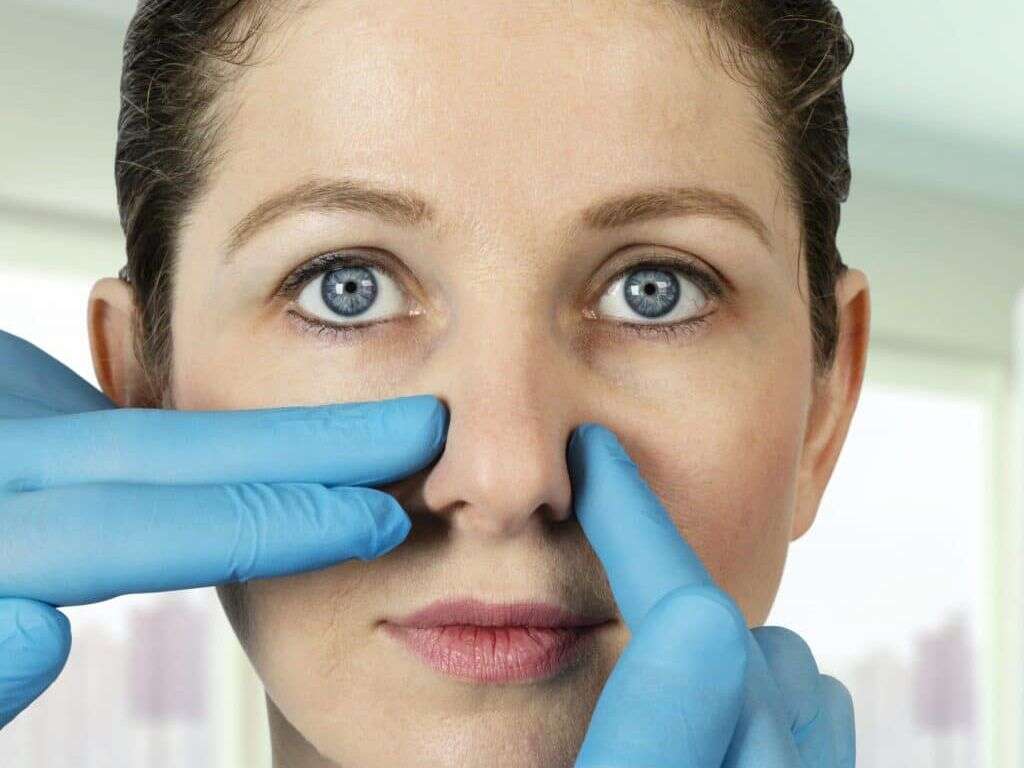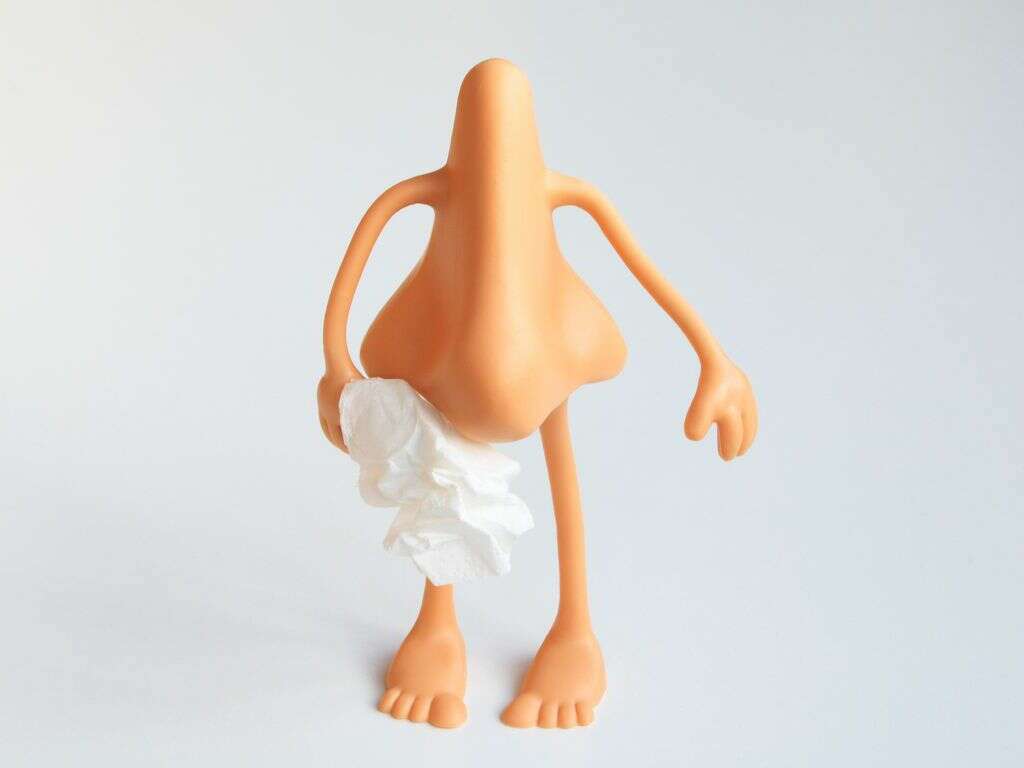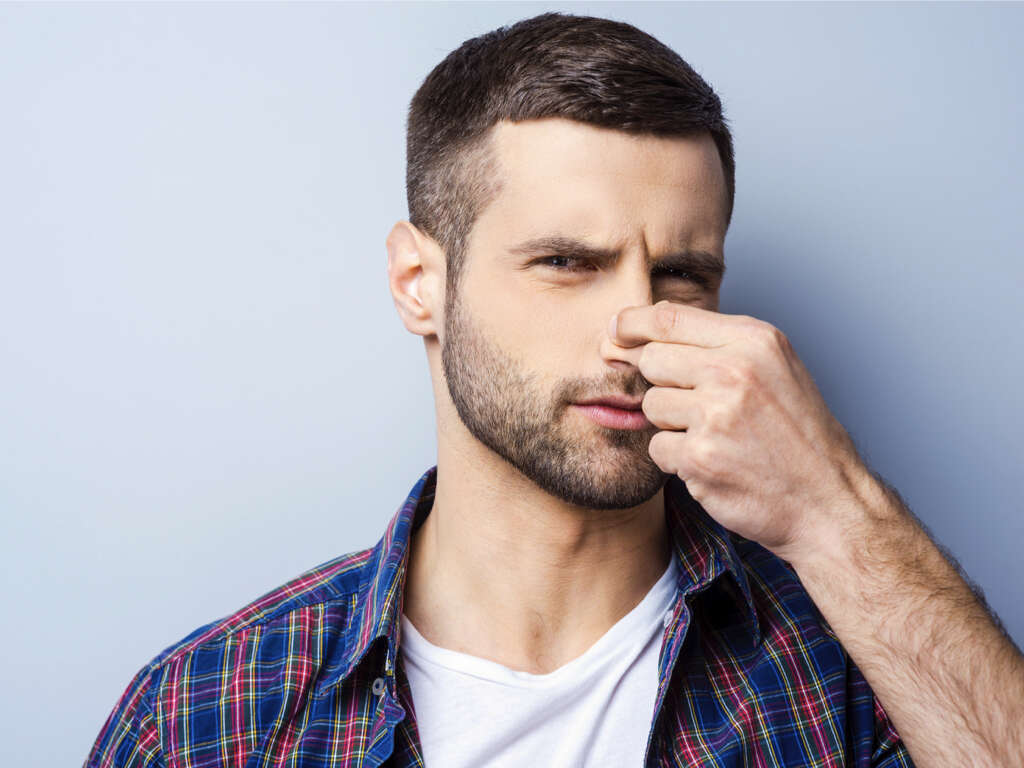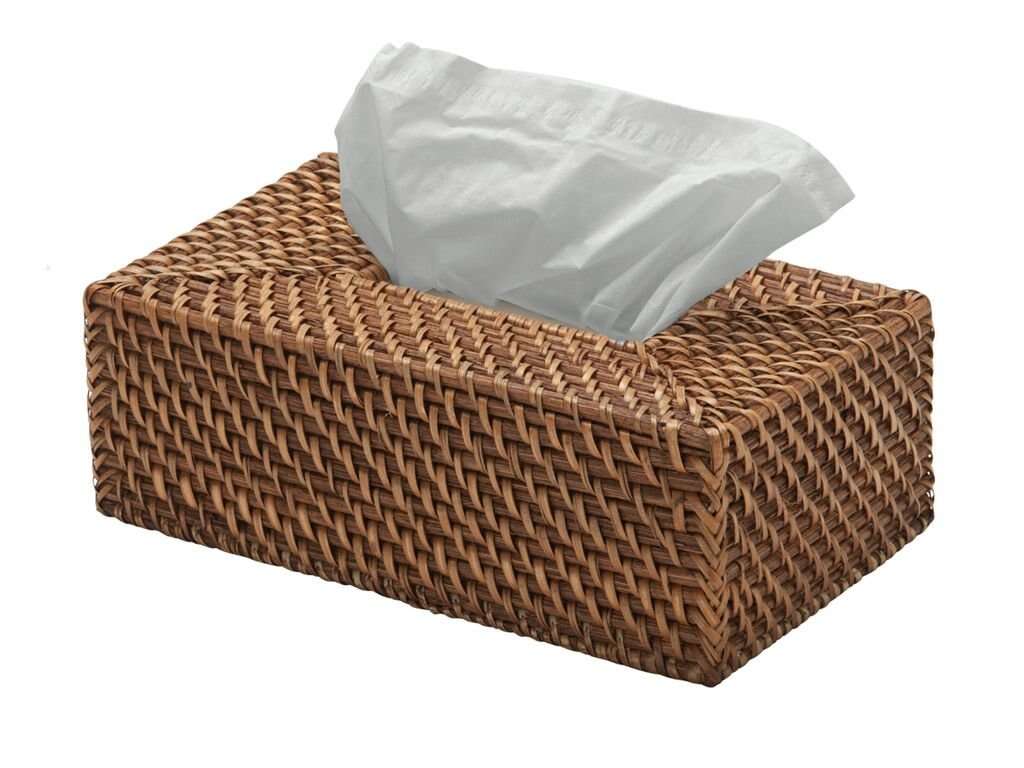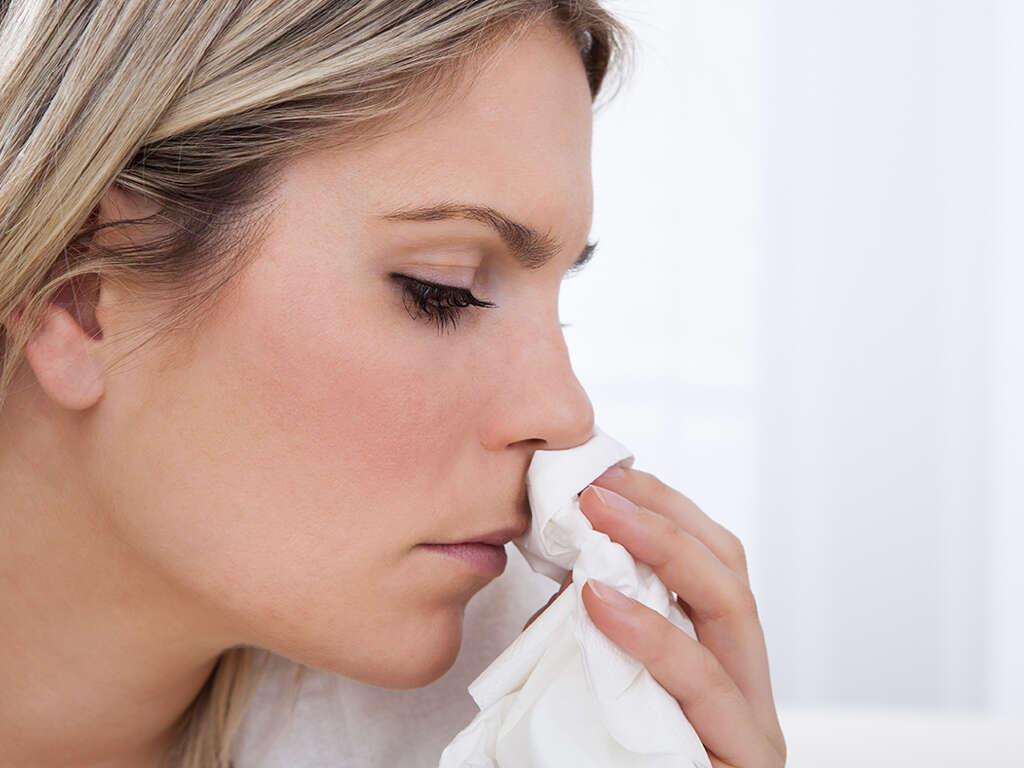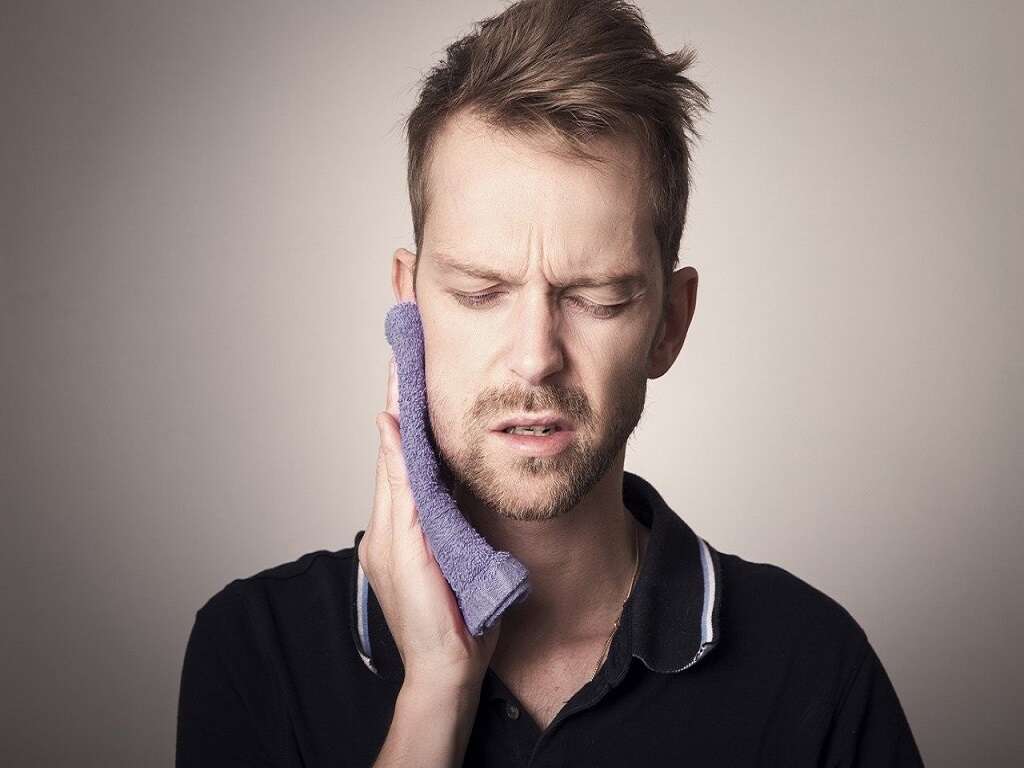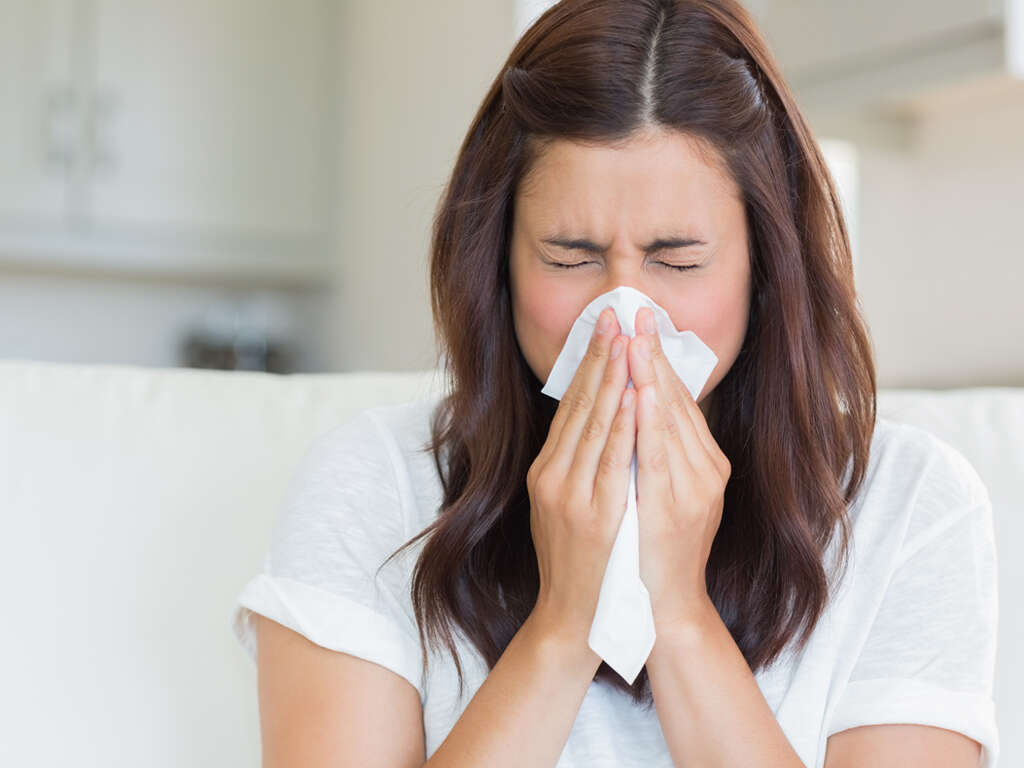10 Causes of Nose Bleeds
Nose bleeds are a very common problem. Most people have experienced some degree of nose bleed at least once in their lives. Some people experience them chronically, including multiple times per week. A nose bleed isn’t always indicated by a gushing waterfall of blood pouring out of your nostrils. If you’ve ever wiped your nose and found the tissue came away bloody, then you have experienced a nose bleed.
Nose bleeds are most common in children between 2 and 10 years old, or adults who are older than 50. While teenagers and younger adults can still experience nosebleeds, they tend to occur far less frequently in this age group.
There are two main types of nose bleeds: Anterior nose bleeds occur when the septum – the wall separating your two nostrils – becomes damaged. This can happen due to facial trauma but can also occur from something as simple as scratching your nose with your fingernails. Posterior nose bleeds are far less common and tend to occur much deeper in your nose. These are the ones that tend to result in gushing blood and are more common in older people or those suffering from high blood pressure. There are several different causes of nose bleeds, and if you’re experiencing them quite often but you’re unsure as to why, this information can help you find a solution.
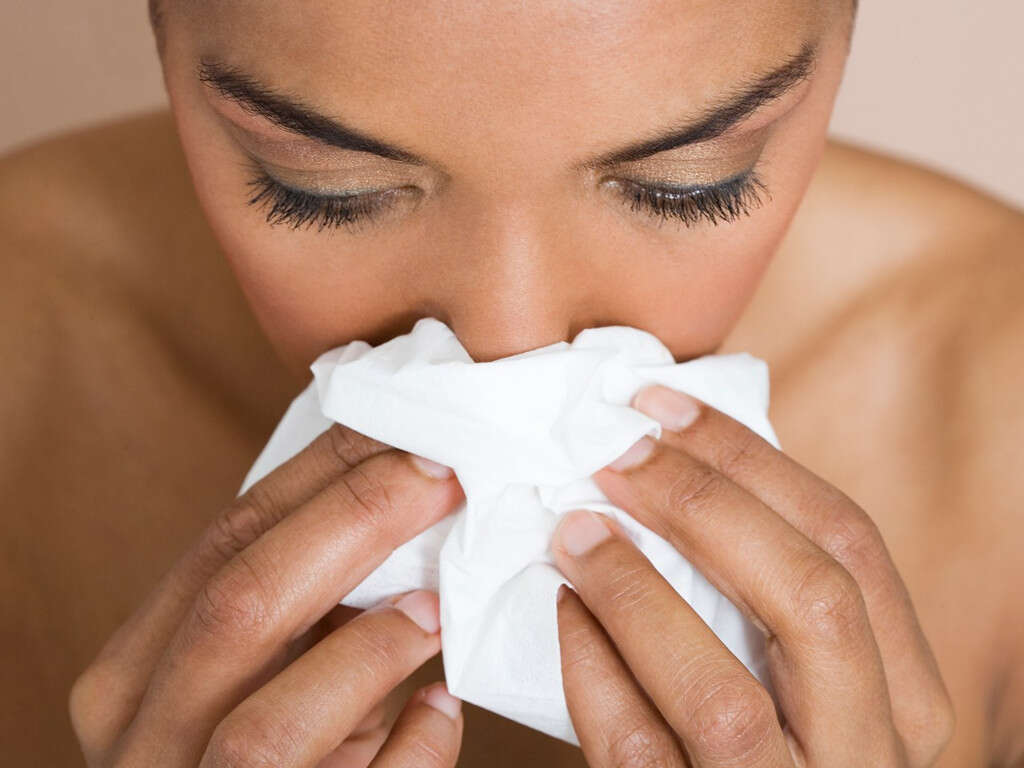
Cause #1: Dryness
The climate can have a huge effect on the health of your nose. If you live in an area with a very dry climate, such as a tropical area or a desert, then you are more likely to get nose bleeds.
This is because the heat and lack of moisture can dry out the inside of your nose, making it more prone to cracking and bleeding. This is particularly true for people who move into a dry climate from somewhere more humid.

Cause #2: Nose Picking
This is one of the reasons that children are more likely to experience nose bleeds – because they are more likely to be found picking their noses! While some people still pick their noses in the absence of a tissue, there is always some risk involved.
If you scratch the inner lining of your nose with a fingernail, or simply rub it too hard by aggressively picking it, then you might run the risk of developing a nose bleed. These nose bleeds are generally short-lasting and will heal if left alone.
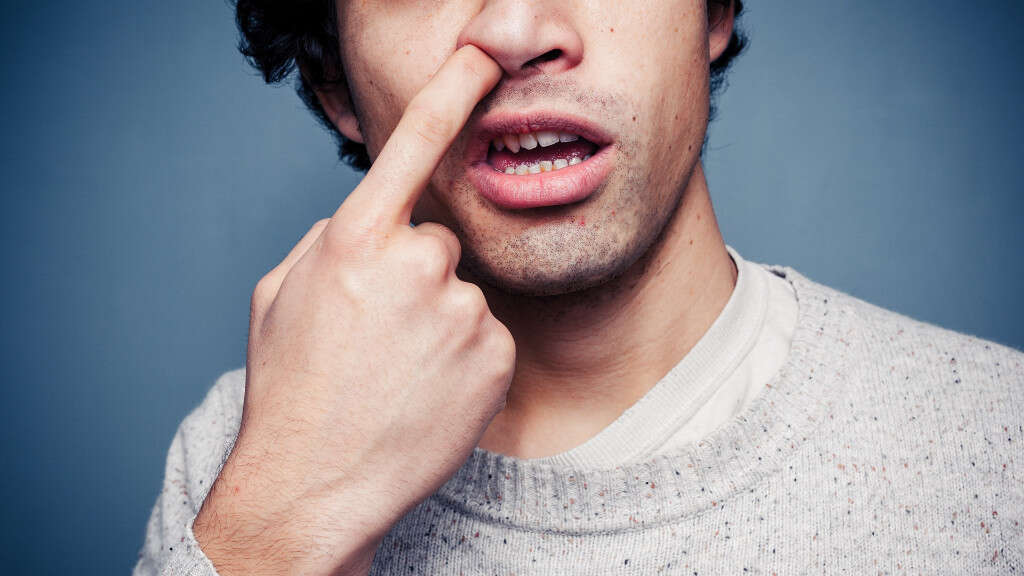
Cause #3: Nose Blowing
It’s possible to develop nose bleeds by blowing your nose too often. This can occur for people who suffer from colds or allergies. Due to the increased amount of mucus production, people are more likely to blow their nose more often.
The pressure involved can rupture the sinuses and lead to nose bleeds. Conversely, bleeding can occur for people who blow their nose when they don’t have a cold. Blowing your nose when it’s dry can easily rupture it.
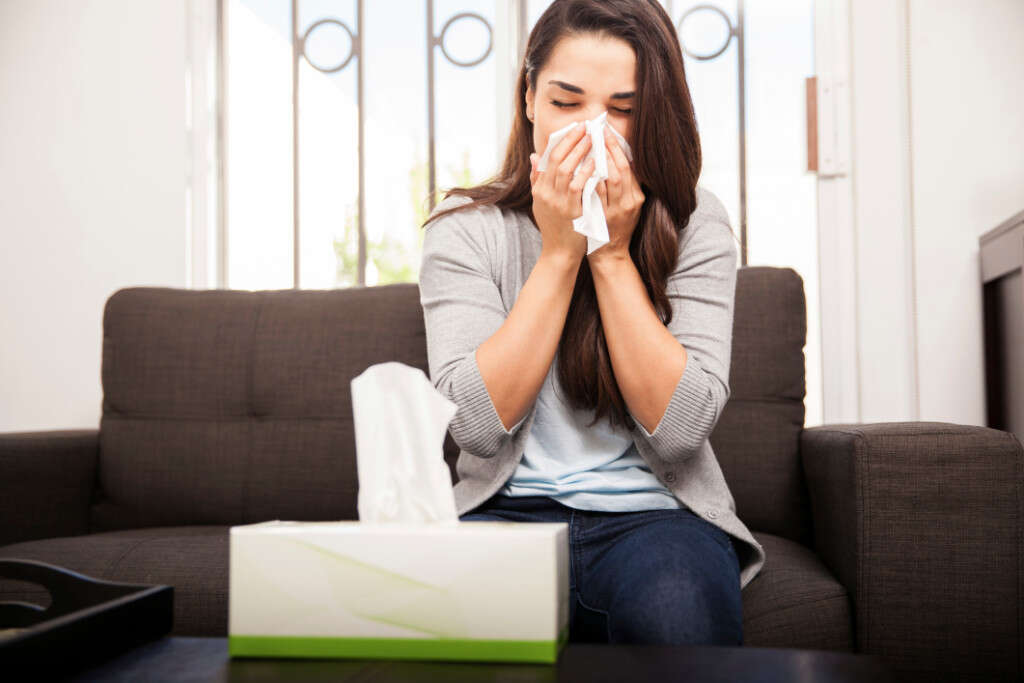
Cause #4: Broken Noses
If you have broken your nose at any point in your life you are probably more likely to develop a nose bleed. Most broken noses involve the bridge of the nose or the septum.
This is a very important part of your nose and if the area isn’t structurally sound then it is more likely to bleed. Of course, the most common time to experience a nose bleed from a broken nose is immediately after it is broken.
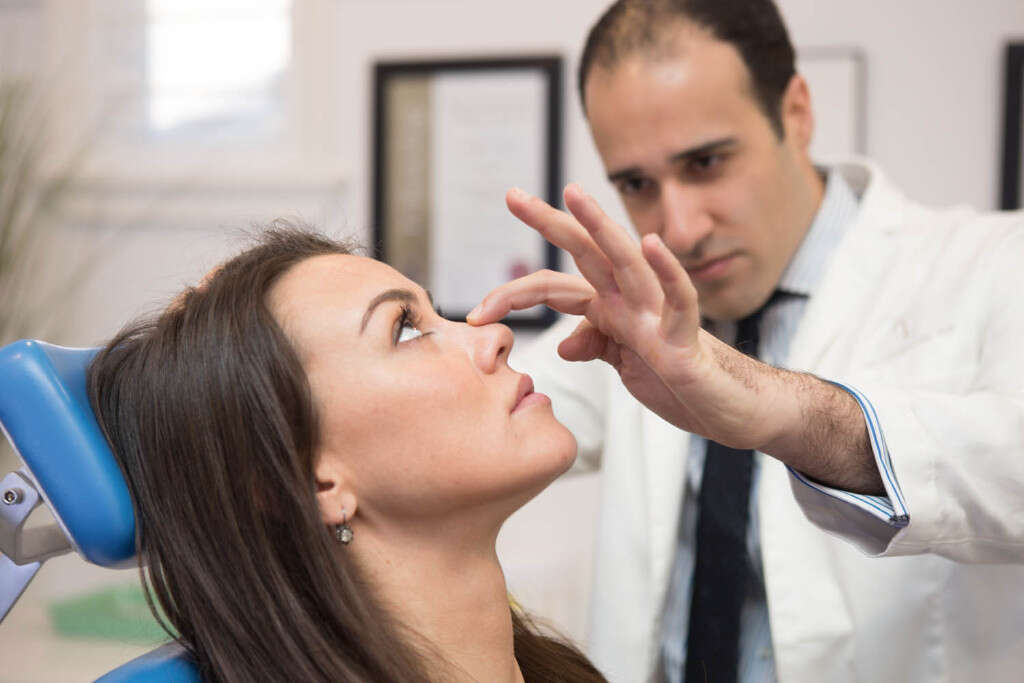
Cause #5: Allergies
Allergies are known to interfere with the respiratory pathway, including the nose. There are several ways that allergies can make someone prone to nose bleeds. For instance, allergies tend to make the nose run more, which can make people blow it excessively; excessive nose blowing can lead to nose bleeds.
Allergies can also make the nose very itchy, which can lead to a lot of scratching and rubbing. This can compromise the structure of the nose and lead to nose bleeds.
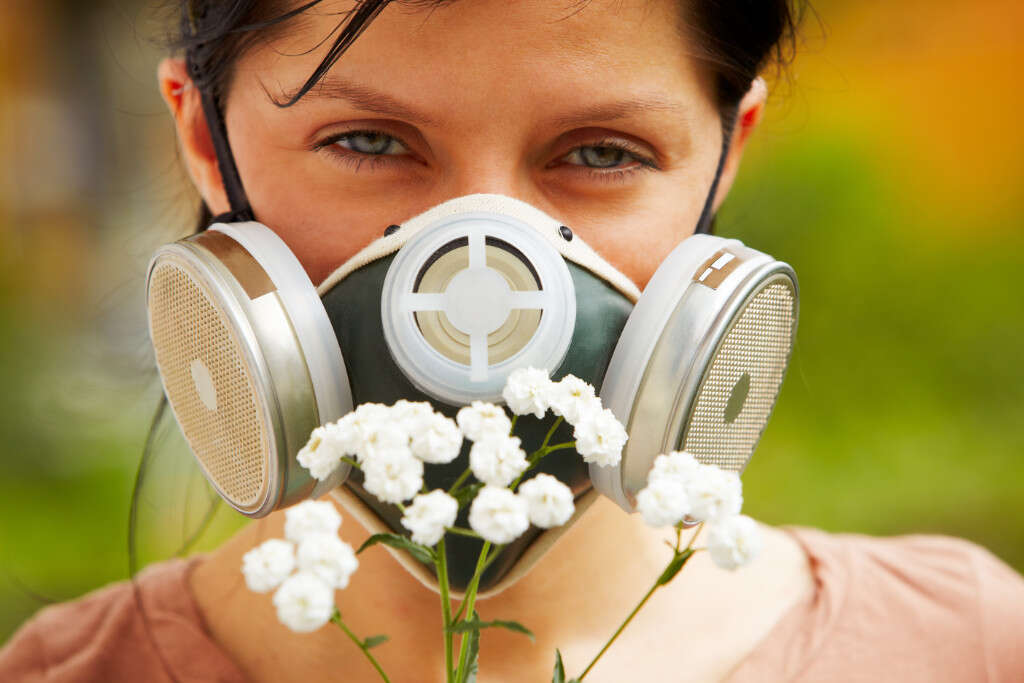
Cause #6: Allergy Medications
It’s not just allergies that can cause nose bleeds – allergy medications can do the same. One of the main symptoms associated with antihistamines, the main type of anti-allergen drugs available from doctors or over-the-counter, is dryness.
These drugs can dehydrate the mucous membranes of the body very easily and lead to discomfort and bleeding.

Cause #7: Sinus Infections
Sinus infections are known to cause any number of unpleasant symptoms. These infections, which are usually caused by bacteria that invades the mucous and the surrounding areas, can cause itching and discomfort.
Sinus infections rarely cause the nose to bleed directly, but the resulting symptoms can certainly lead someone to damaging their nose.
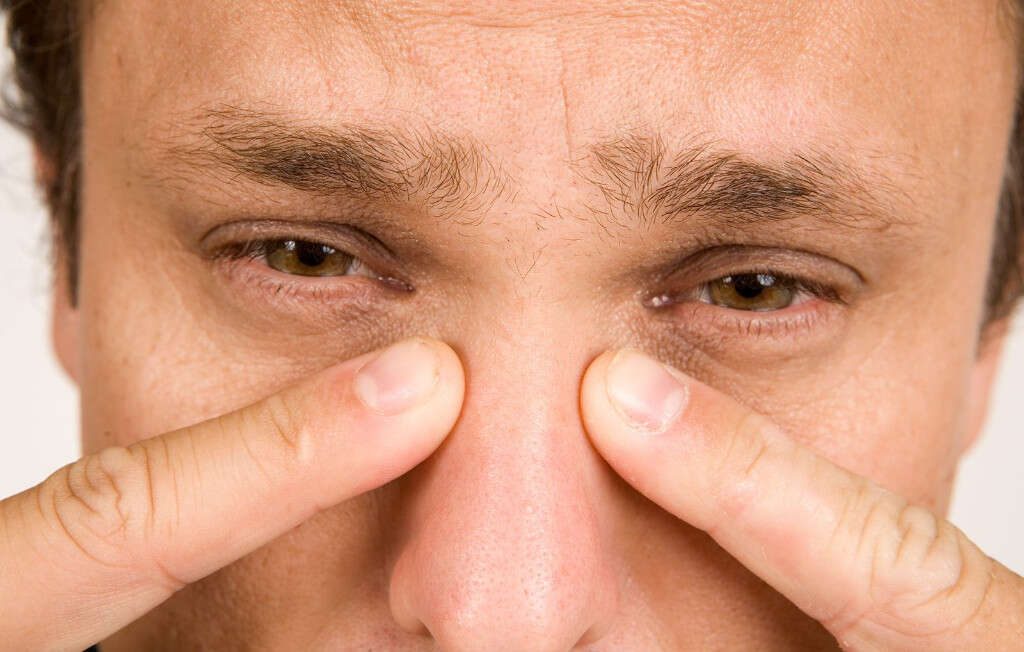
Cause #8: Foreign Bodies In The Nose
This is another cause of nose bleeds that are generally more likely to occur in children. A foreign body could be anything that doesn’t belong in the nose: a grain of sand, a crayon, a piece of tissue, a toy, and more. Since kids are endlessly fascinated with the sensation of jamming things into their nasal cavities, they are more likely to develop nose bleeds from doing such.
However, even adults can end up with unfamiliar objects in their noses. If you work in a dusty area, for example, then you are likely to inhale a lot of dry particulate matter if you don’t wear protection. This can dry out your nose and contribute to nose bleeds.

Cause #9: Drug Use
One of the many problems that can occur among chronic drug users is nose bleeds. Many drug users choose to insufflate, or snort, their drugs. Doing this over a long-period of time can dry out the nasal passageways and do serious damage.
As the nasal passageways deteriorate, they become more and more likely to crack and bleed.
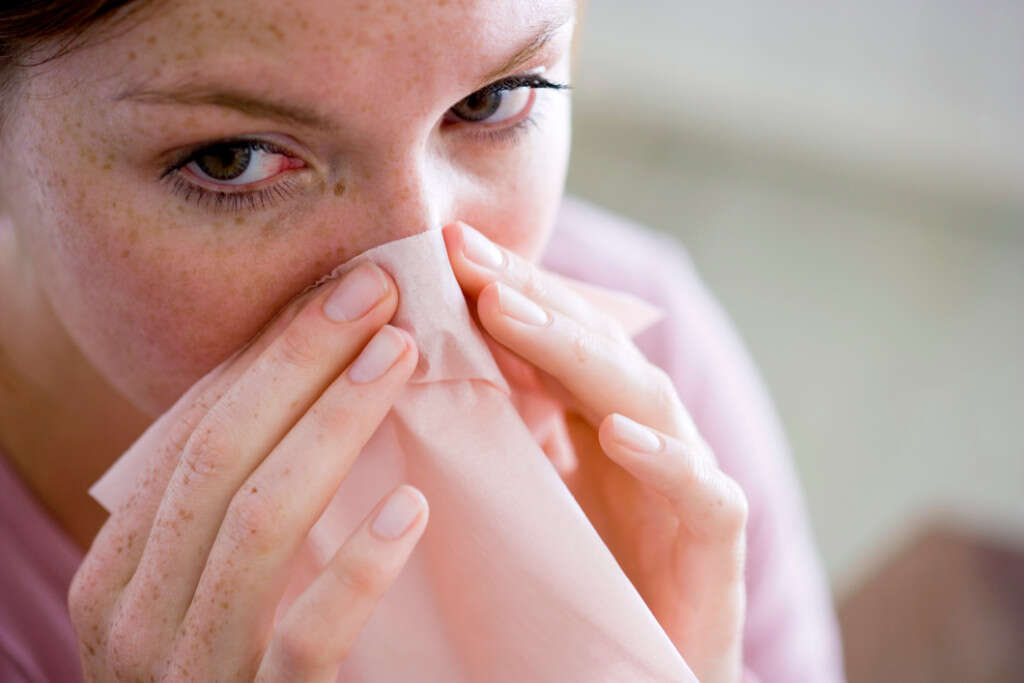
Cause #10: Deviated Septum
The septum is the cartilage in the nose that separates the two nostrils. It’s generally found running down the center of the nose where it evenly divides the two nostrils. However, in people who have an uneven or deviated septum, this simply isn’t the case.
This can lead to a number of health complications such as difficulty breathing and nose bleeds.
